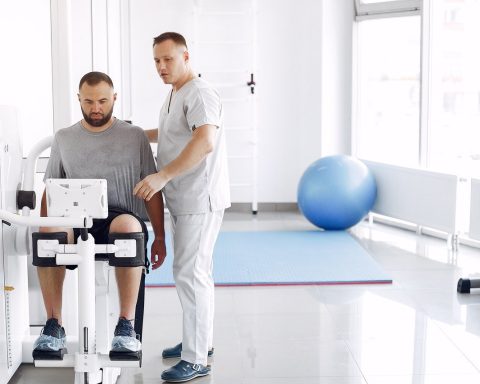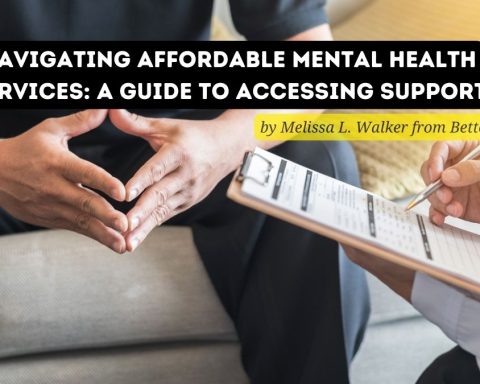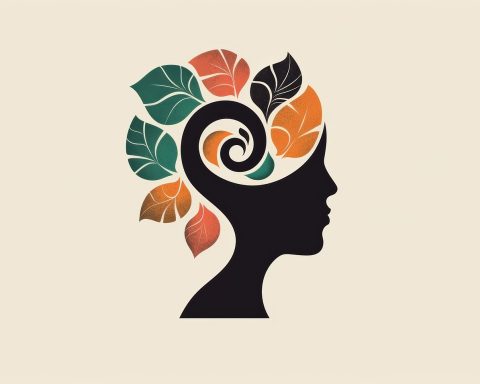If you are worried that someone you know is potentially struggling with addiction, there are warning signs you can look out for. This article lists the most common drug abuse symptoms but is not an exhaustive list. Not all of these symptoms will be exhibited in every case, but they are known as classic signs of drug dependency.
These are the warning signs to look for, and there are ways you can help the person at the end of the article.
Admitting addiction is a huge part of recovery, so spotting the signs early and knowing you’re dealing with an addiction is the first step to getting clean and being free.
Neglecting Responsibilities
Has the person started bunking school, calling in sick to work, or neglecting friends and family? If they are avoiding any kind of responsibility, it could be a sign that something else has come into their life that is taking precedent. This is a cause for concern especially if it is out of character for the person.
Taking Risks
Driving recklessly, getting into trouble or generally acting without care could be a manifestation of a drug problem. Alongside other signs and symptoms, an increased amount of risk-taking can be a sign of addiction.
Getting into Trouble with the Law
A person may start stealing to fund a habit or get into fights fueled by drugs and alcohol. If someone you know has recently changed their demeanor and started engaging in illegal behavior, there could be drugs involved.
Financial Problems
This can have any number of causes, but if you suspect someone has a drug dependency, a result of this can be financial problems. The situation can decline into stealing from family, theft from stores or burglary to fund the habit. This is just one of the many ways that addiction can ruin a person’s whole life – early intervention is key to getting them back on track.
Mental Health
Addiction can not only spring from misguided attempts to deal with mental health issues but can also cause them. If your loved one has recently started acting depressed, anxious, paranoid or withdrawn, there could be other underlying problems connected to alcohol or drugs. They might also suffer intense mood swings or become irritable and angry.
Being supportive and recommending getting medical help are the best courses of action, but you may have to be patient – it’s difficult to persuade someone to seek help before they have acknowledged they have a problem.
Changes in Appearance
Somebody with a substance issue might:
- lose or gain weight in a short space of time;
- begin to neglect their appearance or personal hygiene;
- have dry lips and skin;
- lose hair;
- become pallid in complexion;
- have marks on their body if they are injecting.
Spending Time with New Friends
If you think your child or someone you know has started acting differently seemingly due to spending time with a new crowd, try to find out what they do with these new people.
If they are sneaking out of the house to see these people, being suspicious or getting in trouble with them, you may need to be frank and ask if there are drugs involved in these new relationships.
How to Help
Simply letting the person know that they’re not alone and you’re here for them is the first step to helping someone suffering from addiction. Try to be non-judgmental, which can be hard especially if the person concerned is your child or partner; but recognize that preaching and being angry will not help them.
Urge them to go to the doctor to explore options for kicking their habits and assure them you’ll be there every step of the way. Show your support by looking into the different forms of help available – whether it’s rehab, therapy, attending groups, etc. Work together to identify the method that might work best for them. The key is to let them know that you’re intervening because you love and care for them and want to help before their situation deteriorates.
For further advice and support, contact drug treatment organizations and charities near you who can assist in getting help for the person.
*This is a sponsored post and does not necessarily represent the views and opinion of pharma mirror magazine.








